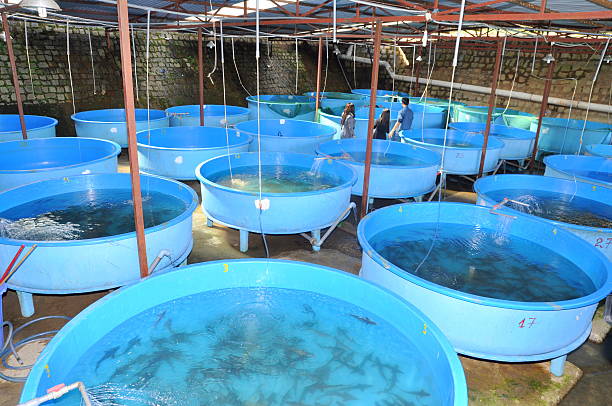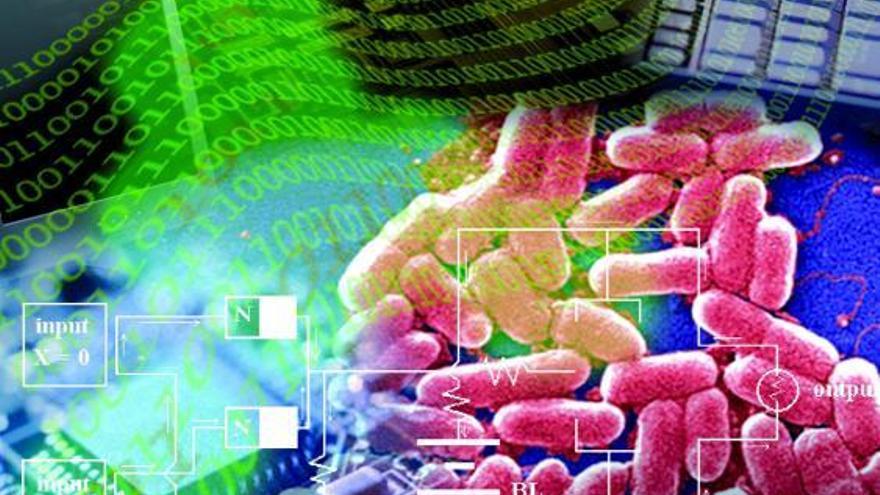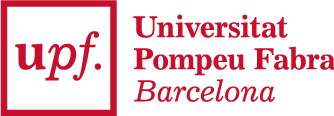Activity funded through Operation 01.02.01 of Technological Transfer under the Rural Development Program of Catalonia 2014-2022.
Commitment to innovation and sustainability in aquaculture.
Aquaculture is a sustainable alternative to traditional fishing that improves the efficiency in the use of natural resources and reduces the environmental impact.

THE PROBLEM
Despite the advantages of aquaculture, the production process in fish farms is not free from difficulties that must be overcome.
One of the main issues that aquaculture faces is the high mortality rate of fish caused by bacterial infections. These infections can spread rapidly in the densely populated environments typical of aquaculture farms, leading to severe outbreaks that can decimate entire populations of fish. Controlling these infections is challenging, as it requires strict biosecurity measures, effective treatments, and careful management of water and feed to maintain fish health and prevent the spread of pathogens.
Current Solutions
In the event of a bacterial infection affecting fish, the most common treatment is the use of antibiotics. However, the use of antibiotics in fish farms presents several significant problems. Firstly, excessive use can lead to antibiotic resistance in pathogenic bacteria, which reduces the effectiveness of treatments and poses a significant risk to public health. Additionally, antibiotic residues can accumulate in the aquatic environment, negatively impacting the local flora and fauna. There is also concern about residues in products intended for human consumption, which may have implications for food safety.
It looks like we have a problem!

A new solution to an old problem.
Aware of the issue, the Department of Medicine and Life Sciences at the Universitat Pompeu Fabra, with support from the Department of Climate Action, Food and Rural Agenda of the Generalitat de Catalunya, has developed a project aimed at detecting these bacterial pathogens before the disease develops. This early detection will allow producers to perform a series of treatments to prevent the onset of the disease without having to resort to the use of antibiotics.
A living technology.
To address this problem, a new hybrid technology that combines synthetic biology and computing has been developed. A library of genetically modified cells has been created, capable of analyzing water samples for signals that indicate the presence of pathogens, even in very small numbers. These new biosensors can communicate with an electronic device, which transmits the results of their analyses. Finally, this electronic device communicates with a central computer that analyzes the received data and makes a prediction about the risk of fish becoming ill in the coming days.

«Synthetic biology for a better world»


Activity funded through Operation 01.02.01 of Technological Transfer under the Rural Development Program of Catalonia 2014-2022.


